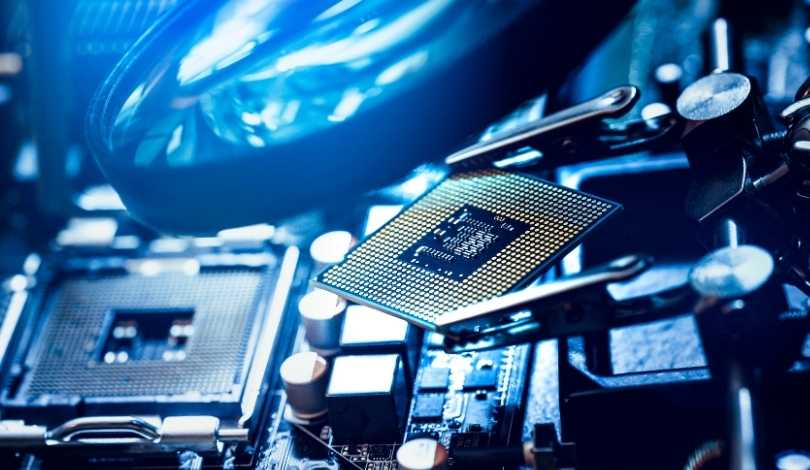Global electronics and technology manufacturers are facing fresh uncertainty after China announced export restrictions on rare-earth elements, critical minerals widely used in producing PC components. These new measures are expected to reshape supply chains and affect pricing for products such as memory chips, graphics cards, and processors made by brands like Intel, AMD, and Nvidia. Industry observers are paying close attention to changes not only in pricing but also in the sourcing strategies of major companies. The move has spurred discussions among manufacturers and consumers, as many recognize the continuing importance of rare-earth elements to modern technology.
China’s control over rare-earth exports has repeatedly caused volatility in the technology sector. Similar policies in the past led to supply disruptions and motivated manufacturers to seek alternative suppliers. Despite increased international focus on diversifying rare-earth sourcing, global production remains concentrated in China, influencing the availability and cost structure of electronics components. Previous restrictions drove investments in rare-earth mining elsewhere, but no other country has matched China’s production scale or processing capabilities.
Why are rare-earth elements crucial for PC production?
Rare-earth elements such as neodymium and dysprosium play vital roles in manufacturing electronic components that power computers, smartphones, and other devices. Companies like AMD and Nvidia rely on these materials for creating strong magnets, semiconductors, and displays. Without stable access to rare-earth minerals, manufacturers may face delays and increased expenses that are likely to be passed along to consumers. According to a spokesperson from AMD,
“Continued access to high-quality raw materials remains a top priority for our supply chain.”
How do China’s new controls affect consumer prices?
New regulations are expected to tighten the global supply of rare-earth elements, increasing costs for brands and, ultimately, end-users. As a primary exporter, China’s regulatory actions have an outsized influence on the global rare-earth market. Analysts point to anticipated price rises for key PC components, affecting products such as Corsair RAM modules and motherboards from Asus. A representative from Nvidia commented,
“Global market changes influence not just production but also pricing across our product lineup.”
What are manufacturers and governments doing in response?
In reaction to supply constraints, manufacturers are intensifying collaboration with alternative suppliers and looking to recycling as a secondary source of rare-earth elements. Governments in the U.S., EU, and Japan have increased investments in domestic mining and processing projects. However, shifting away from reliance on China remains a gradual process since setting up new facilities involves technological hurdles and regulatory approvals.
The implications of China’s export controls extend beyond immediate supply and price concerns for PC components. Stakeholders in the technology sector are carefully considering risk management and long-term strategies for a more diversified rare-earth supply chain. A disrupted supply chain could impact innovation and competitiveness for companies relying extensively on rare-earth-based components. For consumers and hobbyists, understanding the supply chain landscape and market fluctuations can help in making buying decisions, especially when considering high-value items dependent on stable pricing for essential materials. Those considering large electronics purchases might benefit by monitioring market trends and announcements from major component suppliers.
- China’s rare-earth export controls trigger concerns in global tech markets.
- PC component prices may increase as companies face new material sourcing challenges.
- Manufacturers and governments accelerate search for alternative rare-earth suppliers.










